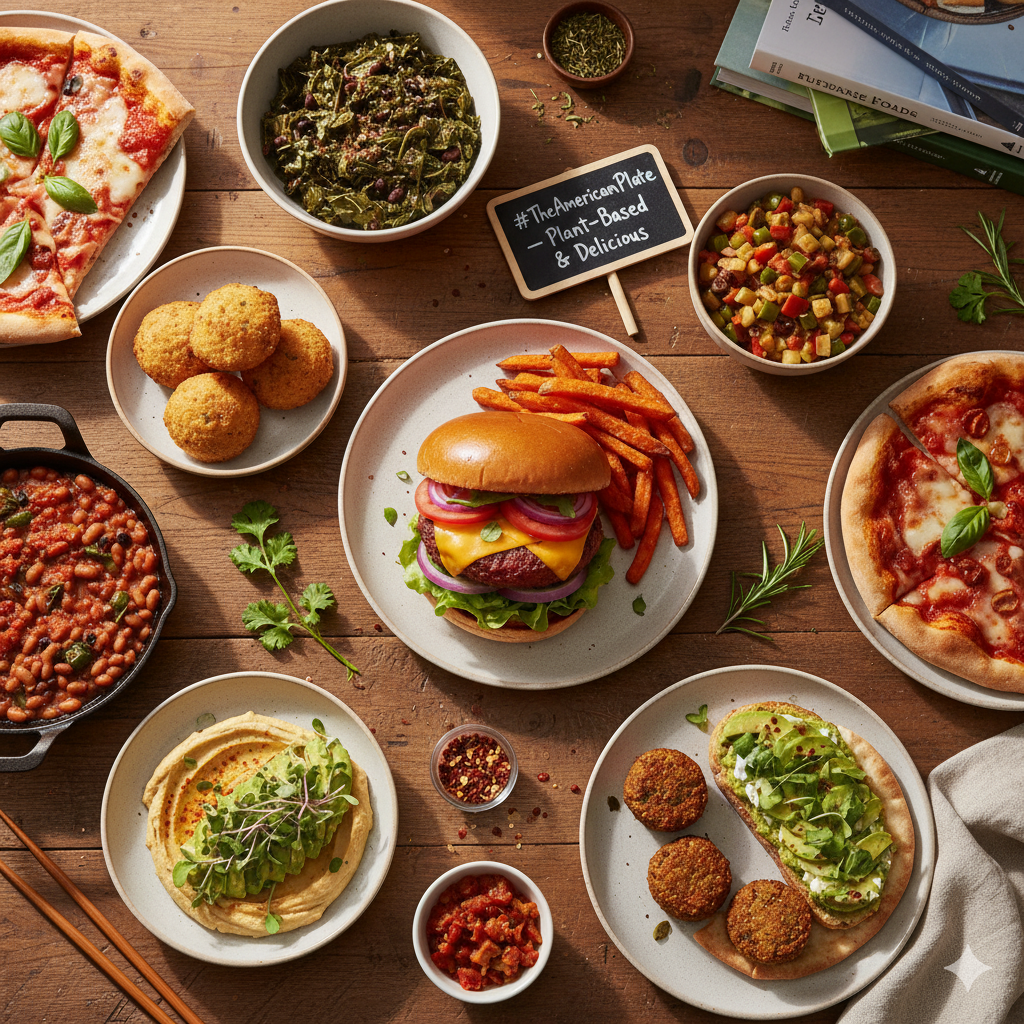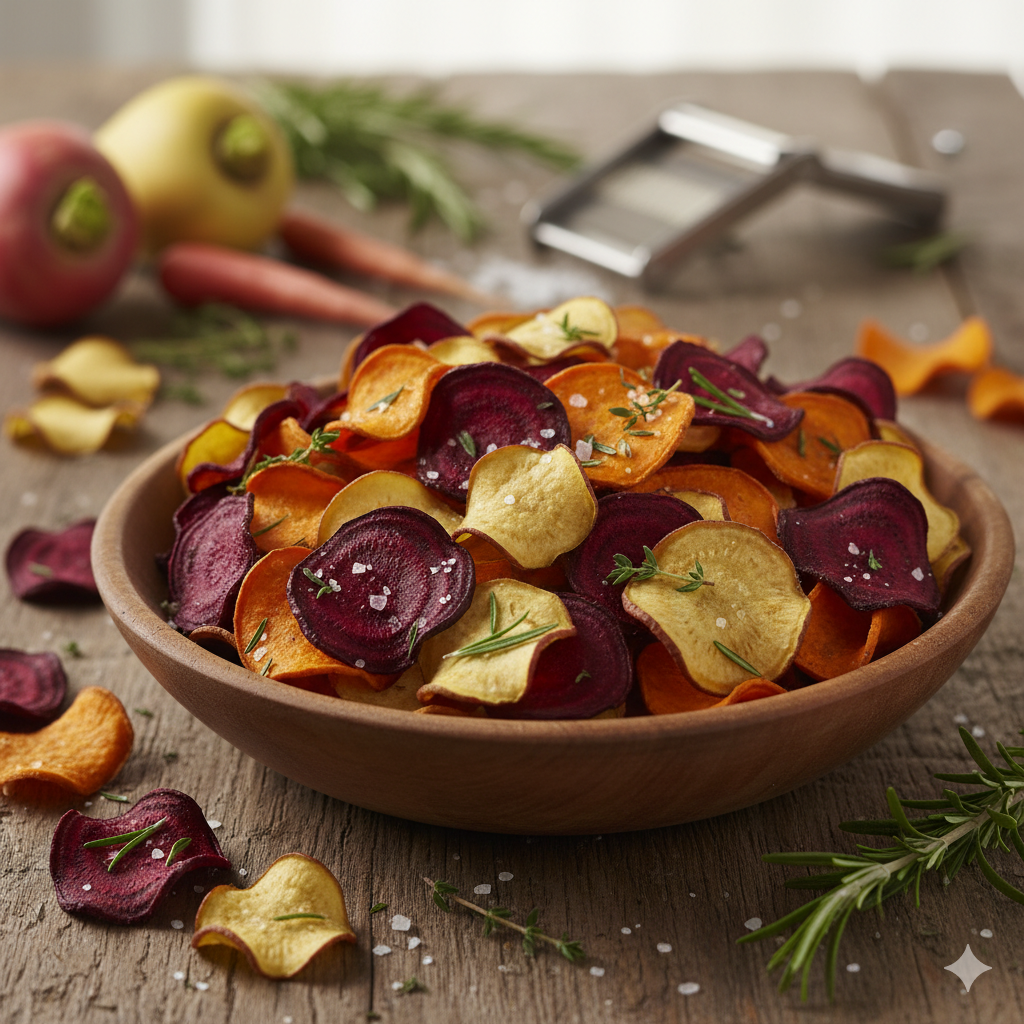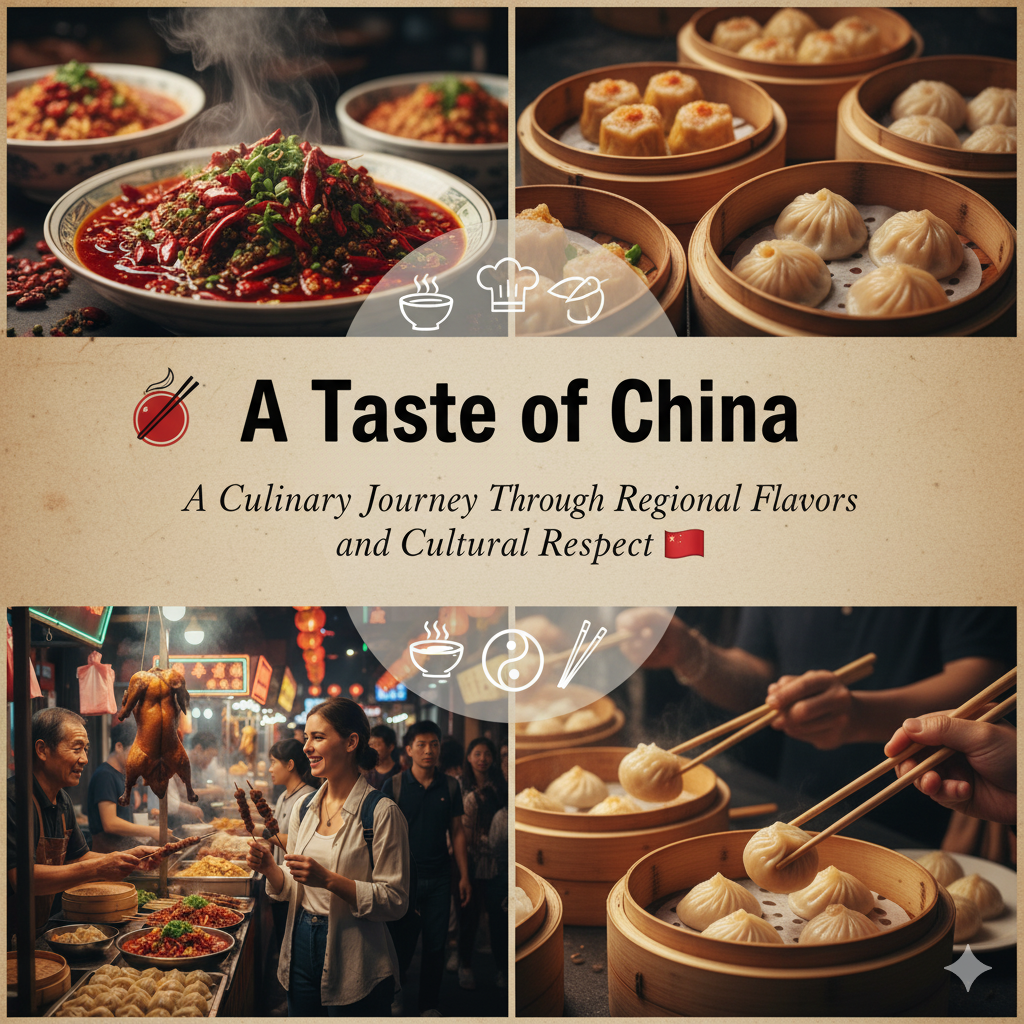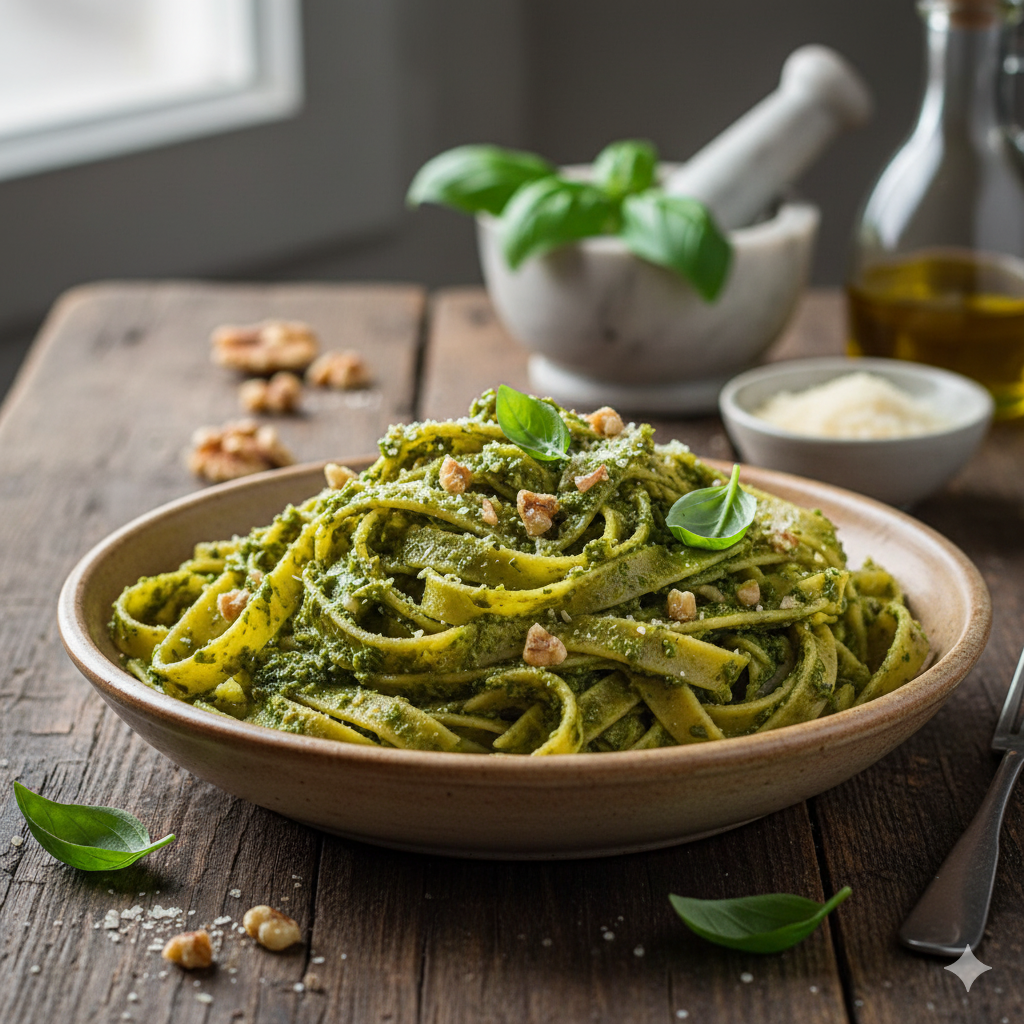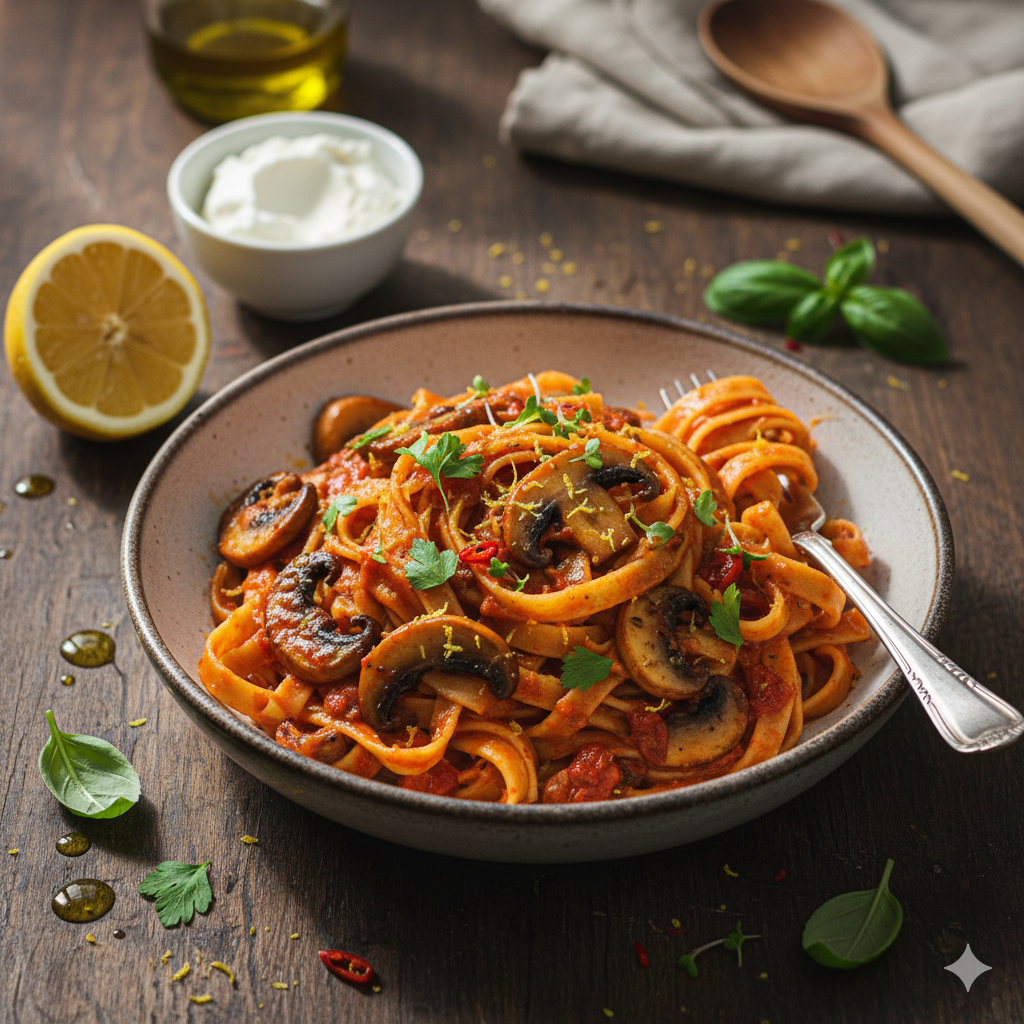Vegetarian Food Culture in Russia
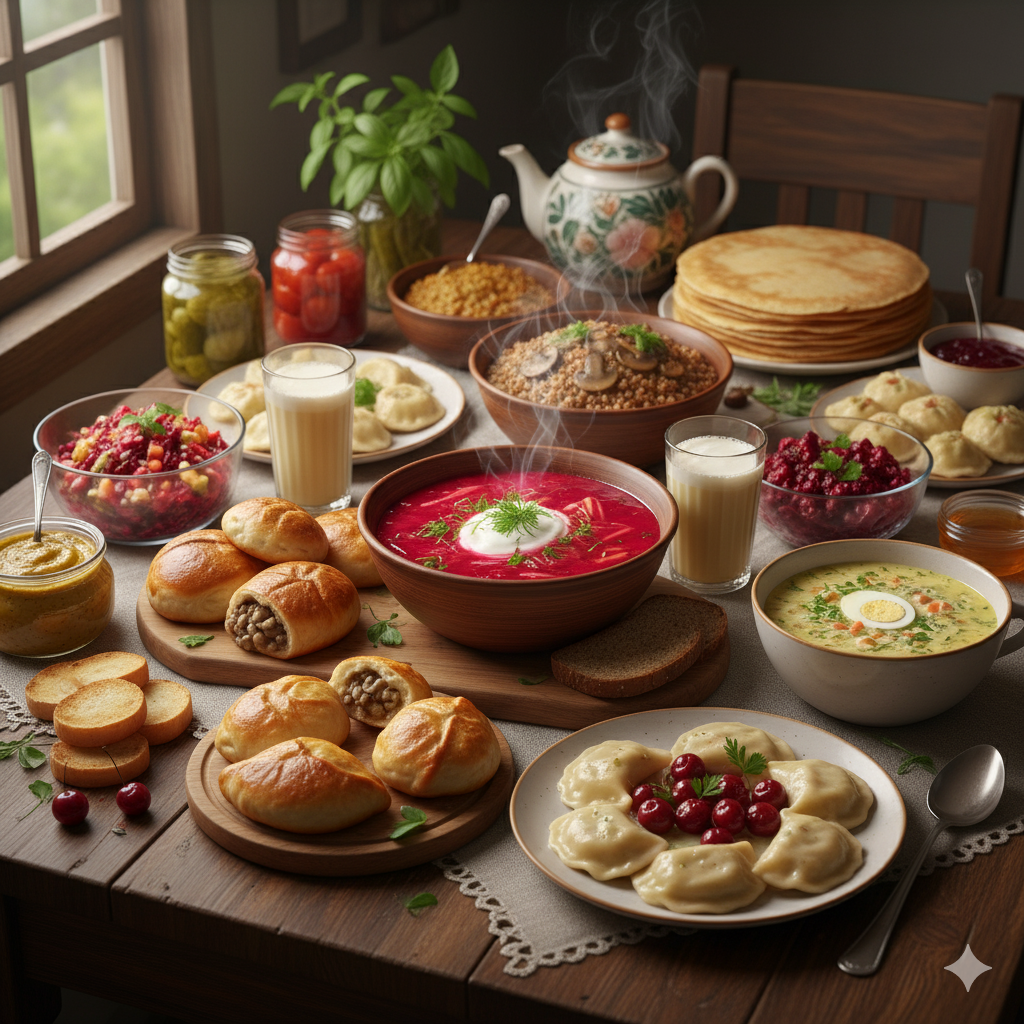
1. Soups (The Foundation of the Diet)
Soups are central to Russian cuisine, and many popular ones have traditional non-meat versions (known as "postny" or Lenten).
| Dish | Description & Vegetarian Status |
| Borscht (Борщ) | The famous beetroot soup. While often made with meat stock, the essential ingredients are beets, cabbage, potatoes, and carrots. Vegetarian versions (using vegetable broth) are common and delicious, often served with a dollop of Smetana (sour cream) or, during Lent, vegan sour cream. |
| Shchi (Щи) | A traditional cabbage soup, often dating back centuries. The base is cabbage (fresh or sauerkraut), potatoes, carrots, and onions. Like Borscht, the meat is easily omitted for a hearty vegetable stew. |
| Solyanka (Солянка) | A thick, piquant, and sour soup. The vegetarian version is typically packed with pickled cucumbers, salted mushrooms, cabbage, and tomatoes, giving it a rich, tangy flavor. |
| Okroshka (Окрошка) | A unique cold soup, perfect for summer. It’s made from diced raw vegetables (cucumbers, radishes, spring onions, boiled potatoes, eggs) mixed with kvass (a tangy drink made from fermented rye bread) or kefir. The meat is simply omitted for a vegetarian version. |
| Svekolnik (Свекольник) | A cold beetroot soup (similar to cold borscht) made with dairy (kefir or sour milk) and served with fresh cucumbers and hard-boiled eggs. Naturally vegetarian. |
2. Salads and Appetizers (Zakuski)
These side dishes, or zakuski, heavily rely on seasonal and preserved vegetables.
| Dish | Description & Vegetarian Status |
| Vinegret (Винегрет) | A naturally vegetarian and vegan salad. It's a colorful mix of diced boiled vegetables: beetroot, potatoes, carrots, pickles (gherkins), and sometimes sauerkraut, dressed simply with sunflower or olive oil and vinegar (despite the French-sounding name). |
| Olivier Salad (Салат Оливье) | Often called "Russian Salad," this creamy potato salad is a mix of boiled potatoes, peas, carrots, pickles, and eggs, mixed with mayonnaise. Traditionally it includes bologna or chicken, but it is extremely common to prepare it without meat for a satisfying vegetarian version. |
| Ikra (Икра) | Literally means "caviar," but a very popular vegetarian version is Squash Caviar (or Courgette Caviar). This is a delicious cold spread or dip made from stewed, pureed zucchini/squash, carrots, and onions. Naturally vegetarian/vegan. |
| Pickled Vegetables | Russian culture involves extensive pickling (soleniya). Pickled cucumbers, tomatoes, mushrooms, and cabbage (sauerkraut) are a staple accompaniment to almost any meal and are all naturally vegetarian/vegan. |
3. Dough-Based Dishes & Porridges
| Dish | Description & Vegetarian Status |
| Vareniki (Вареники) | Half-moon-shaped dumplings (similar to pierogi). They are traditionally vegetarian and come with sweet fillings (cherries, berries, or cottage cheese tvorog) or savory fillings (mashed potatoes and onions, or mushrooms). |
| Pirozhki (Пирожки) | Small, often hand-held baked or fried buns. Common vegetarian fillings include mashed potato, egg and onion, cabbage, or sweet fillings like apple or cherry jam. |
| Blini (Блины) | Thin pancakes or crepes, often made during the Maslenitsa festival. They are served with sweet toppings (jam, honey) or savory vegetarian fillings like cottage cheese (tvorog), mushrooms, or just sour cream. |
| Kasha (Каша) | Porridge. This is one of the oldest and most fundamental Russian staples. It is often made with buckwheat (Grechka), oats, or millet, cooked with water or milk. Savory kasha is mixed with mushrooms or onions, while sweet kasha is served with butter and honey/berries. Naturally vegetarian. |
The Cultural Significance of "Lent" (Postny)
The biggest factor enabling vegetarianism in Russia is the Orthodox Fasting tradition. During Lent, there is a total abstinence from meat, dairy, eggs, and often fish. This historical requirement has created a robust culinary heritage of satisfying, vegetable and grain-based recipes that are still popular today. When looking at a menu, dishes marked as "Postny" (Lenten) are guaranteed to be vegetarian or vegan (excluding honey and sometimes oil, depending on the day of the fast).
Modern Vegetarianism
While many traditional dishes are adaptable, the rise of conscious vegetarianism and veganism is more recent. Large cities like Moscow and St. Petersburg have a growing number of dedicated vegan cafes and restaurants, and major supermarkets now widely stock plant-based milks and meat substitutes.
